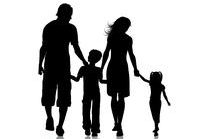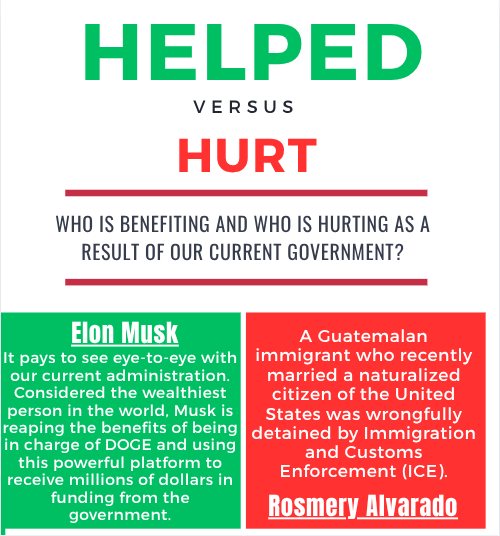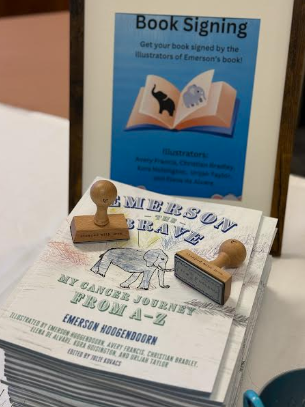As one of two middle children in a family of eight, I get picked on a lot. Often, many of my siblings would join forces to antagonize me. I always wondered what would change as the oldest child. Maybe I would be “king of the hill” for once, or maybe I could do my homework in peace.
Although the experts agree the oldest child has more advantages, many West Ottawa students disagree.
Since 1874, scientists such as Francis Galton, one of the first experimental psychologists, have studied the effects of birth order on personality and intelligence. According to the Proceedings of the National Academy of Sciences (PNAS) “[Galton] suspected eldest sons enjoy special treatment allowing them to thrive intellectually.”
PNAS compiled numerous studies about birth order, including Galton’s, conducted over 100 years.
Analyzed by PNAS, Alfred Alder’s experiment conducted in 1928 extended the research past intelligence to personality.
Alder’s concluded older children experience “feelings of excessive responsibility,” and often “score high on neuroticism.” In contrast, “he expected later-borns, overindulged by their parents, to lack social empathy.”
This means the youngest child typically has a difficult time “putting themselves in someone else’s shoes.” As a result, the youngest child might not help parents clean because “they didn’t make the mess,” or they might be quicker to get angry at someone who makes a mistake.
PNAS also analyzed Kieron J. Barclay’s experiment, conducted in 2015 to show the relevance of birth order to modern-day. The analysis corroborated “the expected decline in IQ from first- to later-borns…” made by many scientists before.
Though the scientific world unanimously agreed, a majority of students at West Ottawa High School students seemed to disagree.
A survey compiled data about whether 63 students would rather be the youngest, middle, or older child. Of the 63 students, nearly 65% decided younger or middle children have more privileges. Many made statements similar to “the younger child gets away with more and has more freedoms.”
Jr. Brandon Blake said, “the younger child can get away with more and have more freedom in what they want to do.” Unlike Blake, Instructor Maria Castilleja provided alternate reasons why younger children have more privileges. “I am personally the youngest in my family,” she said. “I had my brothers and sisters always taking care of me, and [I] learned from them both mistakes and accomplishments.”
Surprisingly, the opposers argued older children get more freedom. Sr. Karsten Van Fossan said, “[being the oldest] is most ideal since I am able to experience more things in a sooner time frame. My brother has to wait and watch while I drive around, go to R rated movies, and generally have more freedom.”
Despite the overwhelming evidence that older children have more advantages, a whopping 63% of students disagree.







